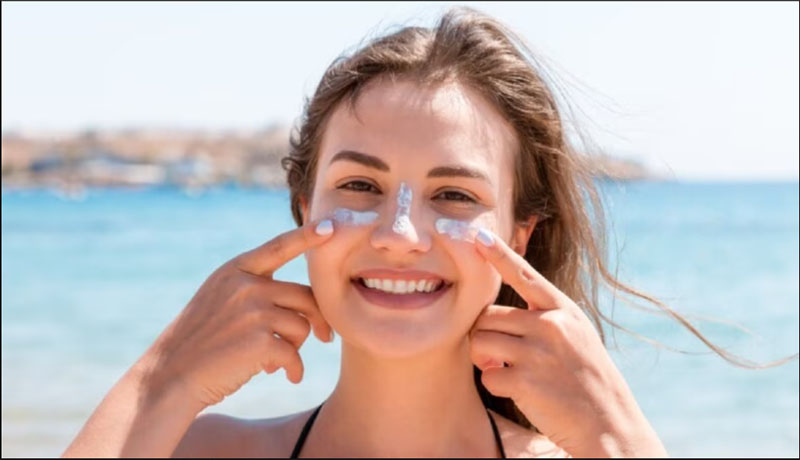
When it comes to skincare, one product stands out as your best defense against the sun’s harmful rays: sunscreen. Whether you’re basking on a beach, hiking in the mountains, or simply running errands, protecting your skin from the sun is crucial. But with so many options available, choosing the right sunscreen for your skin can be overwhelming. In this article, we’ll guide you through the process of selecting the perfect sunscreen to keep your skin healthy and radiant.
1. Know Your Skin Type:
The first step in choosing the right sunscreen is to understand your skin type:
- Dry Skin: Look for sunscreens with added moisturizers like hyaluronic acid or glycerin.
- Oily or Acne-Prone Skin: Opt for oil-free, non-comedogenic (won’t clog pores) formulas.
- Sensitive Skin: Choose a sunscreen labeled as “hypoallergenic” or “dermatologist-tested” with gentle ingredients like zinc oxide or titanium dioxide.
- Normal or Combination Skin: You have more flexibility but should still consider your specific needs.
2. SPF Level:
The Sun Protection Factor (SPF) indicates how well a sunscreen protects against UVB rays. Choose an SPF level that matches your skin type and sun exposure:
- SPF 15-30: Everyday protection for minimal sun exposure.
- SPF 30-50: Moderate protection for outdoor activities.
- SPF 50+: High protection for extended outdoor exposure.
3. Ingredients Matter:
- Chemical vs. Physical (Mineral) Sunscreens: Chemical sunscreens contain active ingredients like avobenzone or octisalate, while physical sunscreens use minerals like zinc oxide or titanium dioxide. Both offer excellent protection, but physical sunscreens are often gentler on sensitive skin.
- Avoid Harmful Ingredients: Steer clear of sunscreens with oxybenzone and octinoxate, as they may harm coral reefs and have potential health concerns. Opt for oxybenzone-free formulas.
4. Consider Specialized Sunscreens:
- Facial Sunscreens: Lightweight, non-greasy formulas designed for the face. They often include antioxidants and may work well under makeup.
- Sport Sunscreens: Extra durable and sweat-resistant for active individuals.
- Baby and Kids Sunscreens: Formulated to be gentle on young, delicate skin.
5. Check Expiry Dates:
Always use sunscreen within its expiry date. Expired sunscreen may lose its effectiveness.
6. Patch Test:
If you have sensitive skin or are trying a new product, consider doing a patch test to ensure you don’t have an adverse reaction.
7. Sun Protection Beyond Sunscreen:
Wear protective clothing, sunglasses, and seek shade during peak sun hours for comprehensive protection.
Conclusion:
Choosing the right sunscreen for your skin involves understanding your skin type, selecting the appropriate SPF level, considering water resistance, and being mindful of the ingredients. Sunscreen is a crucial part of your daily skincare routine, helping to safeguard your skin against the harmful effects of UV radiation. With the right sunscreen, you can enjoy the sun while keeping your skin healthy and radiant for years to come.







